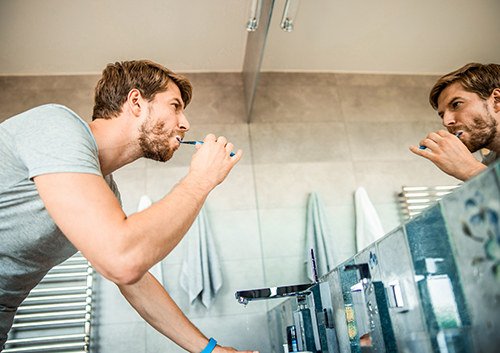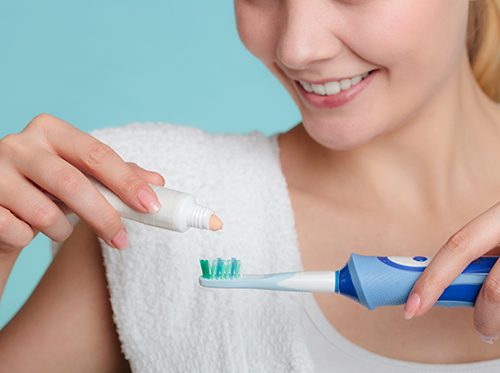Dangers of Alcohol and Oral Health
May 27th, 2024

We often have patients who ask, “Can drinking alcohol affect my oral health?” There are, in fact, a few reasons why that martini may not be good for your pearly whites.
In addition to creating an overly acidic environment in your mouth, alcohol severely dehydrates oral tissues because of its desiccant and diuretic properties. Because alcohol saps oral tissues of their moisture so readily, saliva glands can't keep enough saliva in the mouth to prevent dry mouth. In addition, saliva contains antibacterial properties that inhibits growth of anaerobic bacteria, a destructive type of oral bacterial responsible for tooth decay, gingivitis, chronic bad breath, and periodontitis.
What are anaerobic bacteria?
When there is a lack of saliva flow in the mouth and the mouth cannot naturally cleanse itself of oral debris (food particles, dead skin cell, mucous), conditions develop that promote activity of anaerobic bacteria, or bacteria that thrive in dry, airless places. These anaerobes also flourish when an unending supply of proteins (food debris) are available to consume, creating rapidly multiplying layers of plaque that stick to teeth and demineralizes tooth enamel unless removed by brushing and professional dental cleanings.
Oral Cancer and Alcohol
Acetaldehyde is a chemical compound leftover after the liver has metabolized alcohol. Capable of causing genetic mutations, acetaldehyde is also a known carcinogen that contributes to the ill feelings of hangovers. Although most metabolism of alcohol is done in the liver, evidence shows that metabolism also occurs outside the liver and that enzymes in the mouth could encourage accumulation of acetaldehyde in oral tissues.
When combined with poor oral health, smoking, and other detrimental lifestyle factors, alcohol may be considered a primary contributory factor in the development of oral cancer.
Even if you don't drink or drink only occasionally, remaining aware of symptoms that may indicate oral cancer will improve your chances of recovering successfully when you start treatment in the early stages of oral cancer. Signs include red or while speckled patches in the mouth, unexplained bleeding, lumps/swellings, chronic ear or throat pain, and areas of numbness in the mouth or on the face.
If you have any questions about alcohol and its connection to oral health, don’t hesitate to ask Dr. Janna Spahr and Dr. Jeff Spahr at your next visit to our Milford, NE office.




 Website Powered by Sesame 24-7™
Website Powered by Sesame 24-7™